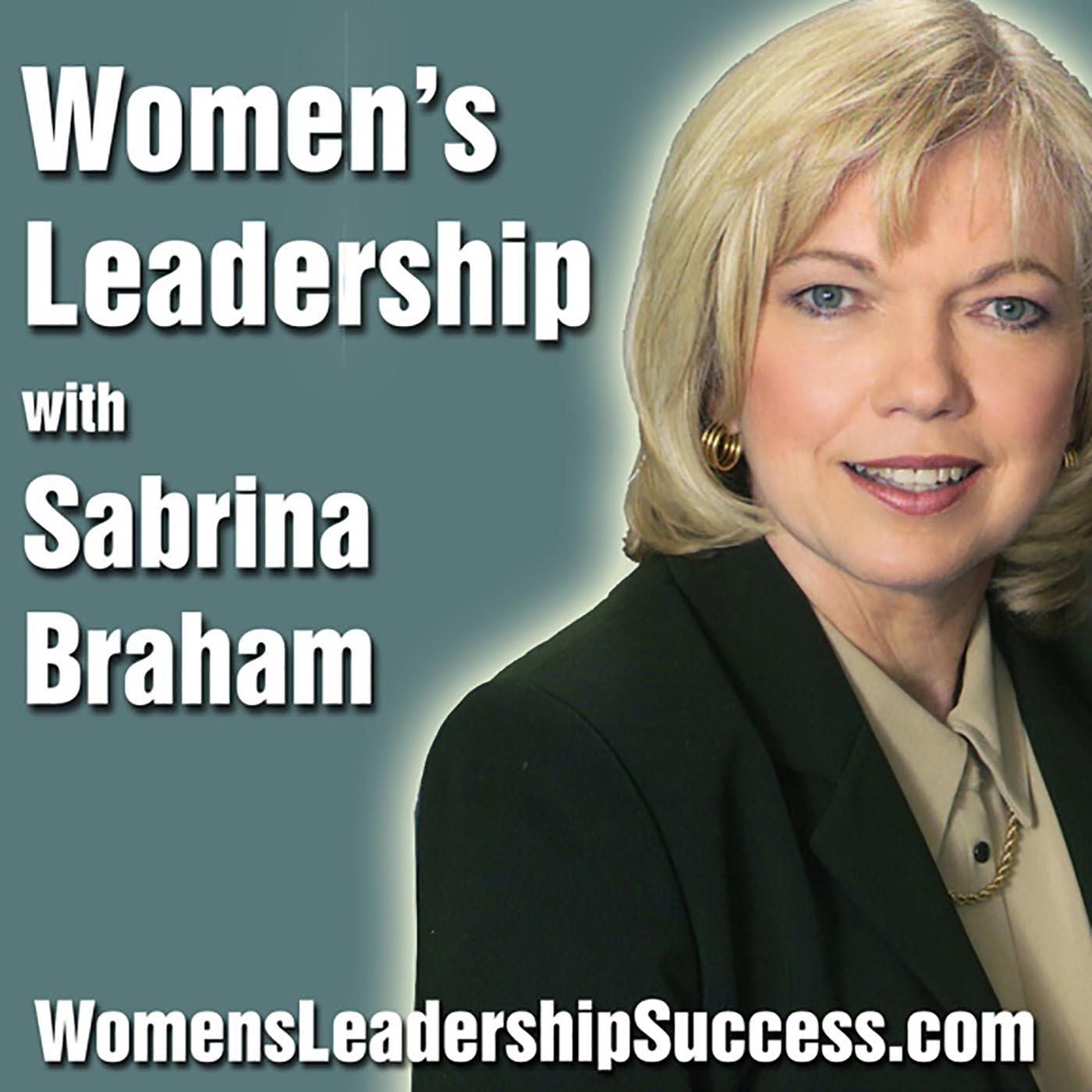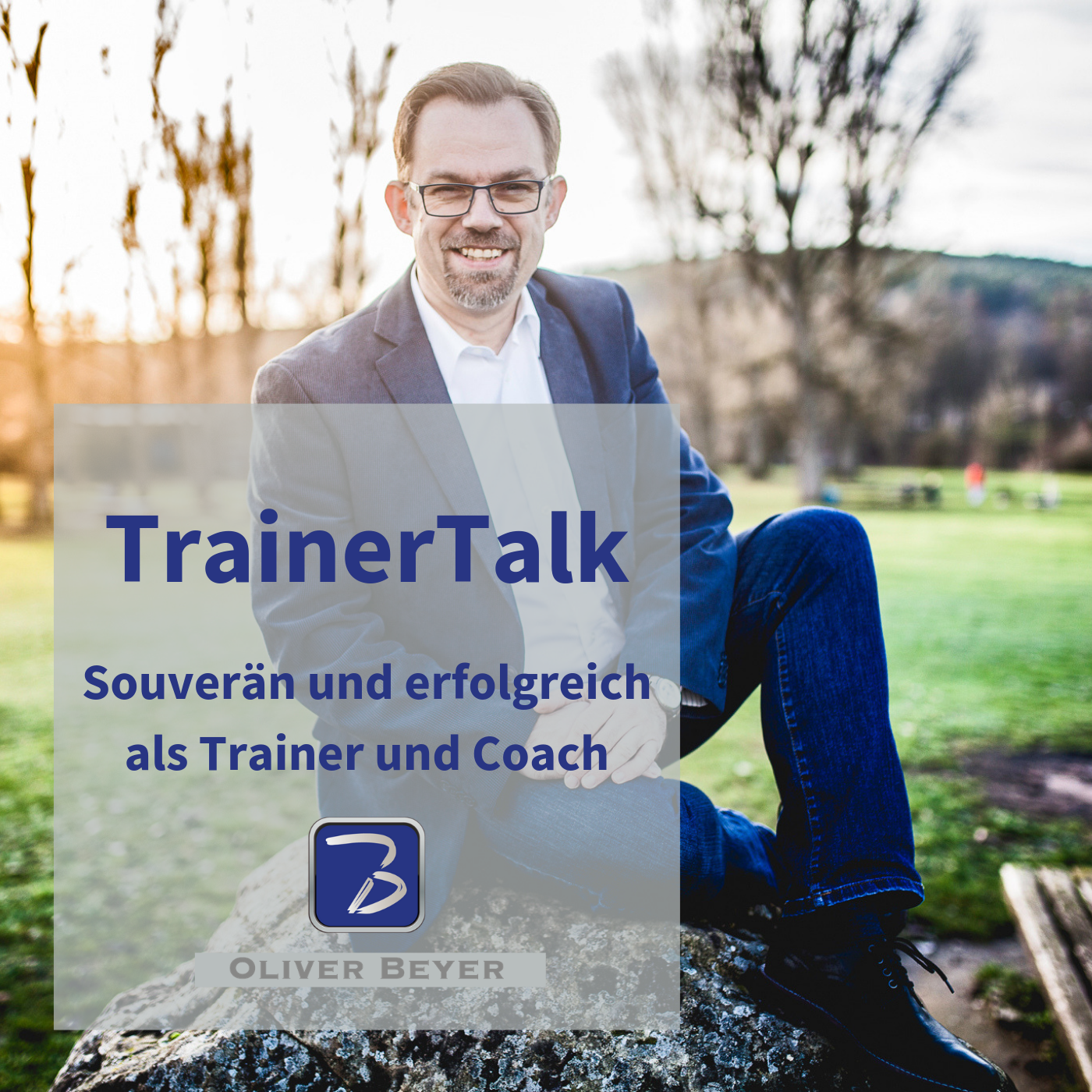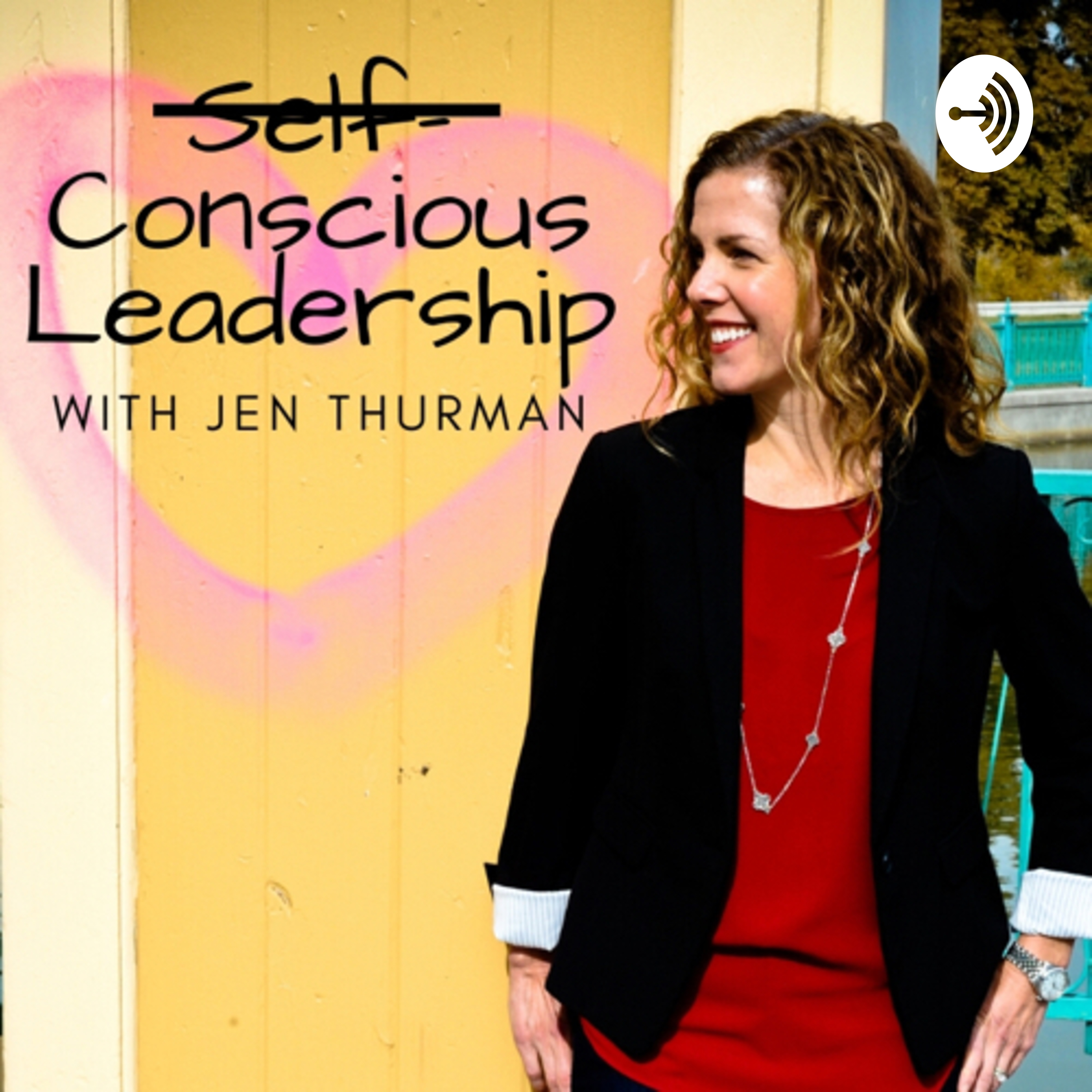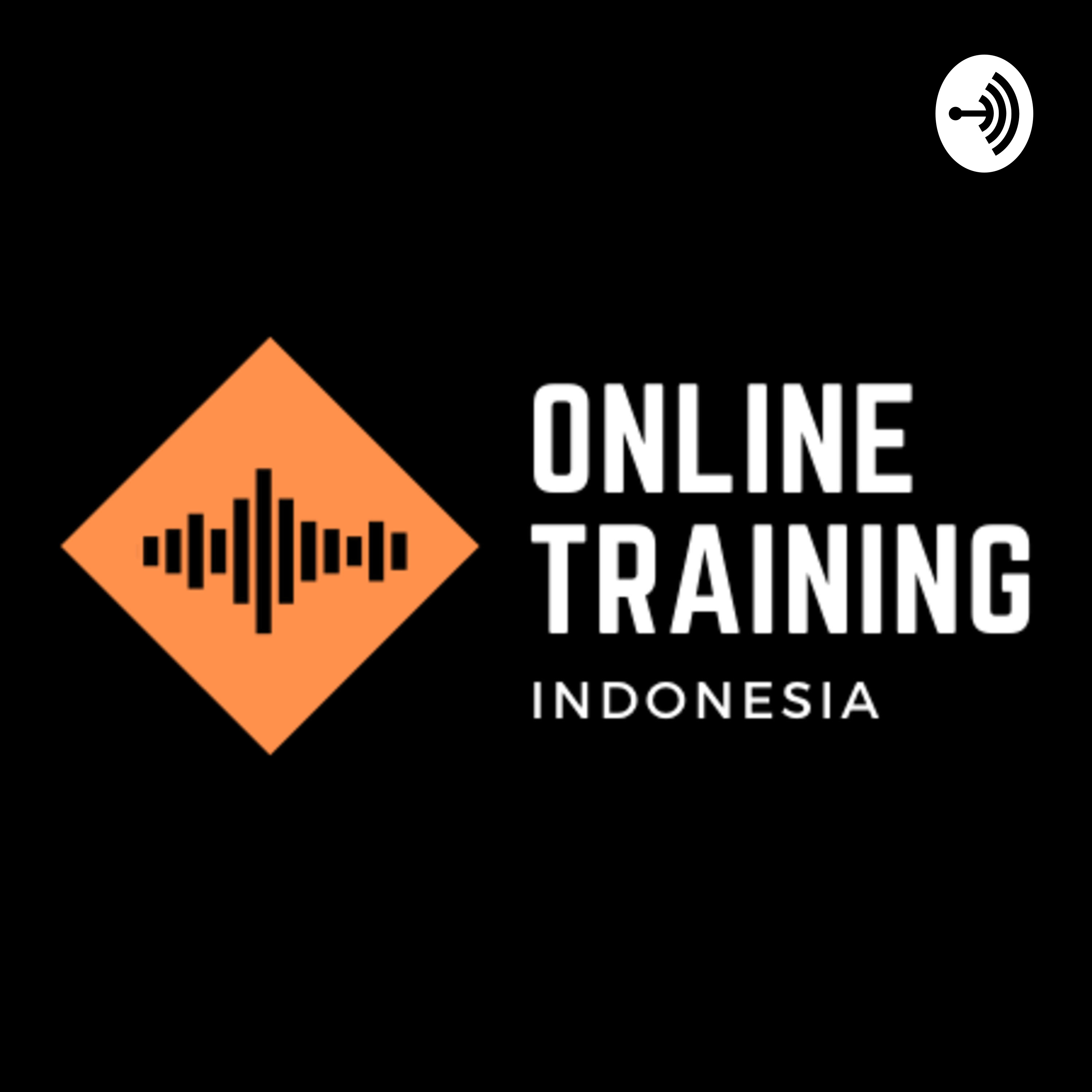 |
Women's Leadership SuccessWomen's Leadership, Women's Career Development, Business Executive Coaching, Management Consulting & Training Podcast by Sabrina Braham MA MFT PPC Author: Sabrina Braham MA MFT PPC
Since 1989, Women Business Leadership Skills and Career Development Advice. Interviews with Successful Women CEOs, Managers and Entrepreneurs to Help You Influence People, Improve Performance, Get Promoted, Increase Earnings and Enhance Your Job/Life Balance Language: en Genres: Business, Careers, Management Contact email: Get it Feed URL: Get it iTunes ID: Get it |
Listen Now...
Women Leaders Burnout: Neuroscience Recovery Guide 2026 | The Neuroscience of Thriving | WLS 156
Wednesday, 4 February, 2026
The Neuroscience of Thriving: How Women Leaders Transform Burnout Into Happiness and High Performance With 60% of senior women reporting record burnout (McKinsey, 2025) and 82% of all employees at burnout risk, the happiness crisis demands neuroscience-based solutions. Dr. Paul Zak reveals the "key moments" framework, Love Plus algorithm, and immersion science that transforms workplace well being, leadership culture, and sustained career success. • Happy workers are 13% more productive, with wellbeing interventions showing 10-21% productivity gains (Oxford, 2024) • 50% of happiness comes from quality social relationships—80% of "key moments" are social experiences • Women leaders who invest in relationships develop different brain activity patterns for sustained thriving • The "do-not-do list" creates bandwidth for extraordinary experiences that prevent burnout • Silence, volunteering, and authentic vulnerability are neuroscience-backed practices for long-term happiness As an executive coach with over 30 years of experience (MA, MFT, PCC) and host of the Women's Leadership Success Podcast (900,000+ downloads, top 1.5% globally), I'm witnessing an unprecedented crisis: 60% of senior-level women report feeling frequently burned out—the highest level ever recorded (McKinsey, 2025). And it's getting worse. WebMD Health Services research shows burnout perceptions increased by over 25% from 2022 to 2024, with 82% of all employees now at burnout risk. Gen X women leaders, senior managers, and directors face the highest rates—precisely the women who should be thriving at the peak of their careers. But what if the solution isn't "work-life balance" programs or meditation apps? What if neuroscience reveals a completely different approach to sustained happiness and high performance? In Part 2 of my interview with Dr. Paul Zak—pioneering neuroscientist and author of "Immersion: The Science of the Extraordinary and the Source of Happiness"—we explore the brain-based framework for thriving that transforms how women leaders approach wellbeing, create extraordinary workplace cultures, and sustain career success without sacrificing happiness. The Thriving Crisis: Why Traditional Wellbeing Programs Fail Women Leaders Fast Company (2025) reports that throughout 2025, companies treated employees with "stunning disregard": rolling layoffs, unchecked workloads, and blind eyes to burnout. Over 200,000 American women quit their jobs this year, citing inflexible policies and lack of support. For women leaders specifically: • Only 26% strongly agree their organization cares about their wellbeing (Gallup, 2025) • 42% of working women say their job has had a negative impact on mental health (vs. 37% of men) • Women who feel stressed daily are 46% more likely to actively seek new jobs • 36% of full-time women have a mismatch between preferred and actual work arrangements Why the Gap? Most organizations spent the past decade conflating wellbeing with wellness programs. They handed out meditation apps, gym stipends, and yoga classes while ignoring the root causes: uncaring managers, lack of connection, always-on expectations, and feeling unappreciated. The result? Burnout soared, engagement flat-lined, and the best women leaders walked awa What Neuroscience Reveals About Thriving vs. Surviving "The book has the title Happiness in it, but it's really about thriving," Dr. Zak clarifies. "How do I extend positive mood and high energy over my lifetime?" Using distributed neuroscience technology and the Six app (measuring brain activity continuously at one-second frequency), Dr. Zak's research team discovered something revolutionary: People who have 6 or more "key moments" daily are truly thriving—engaged in life, resilient to stress, and sustaining high performance. What Are Key Moments and Why Do They Matter? "Key moments are high-value experiences that help us grow as human beings and thrive," Dr. Zak explains. "What we found is that the systems in the brain that give us these high-value moments are deep in the brainstem, hidden from our conscious awareness." Dr. Paul Zak This explains why traditional self-assessment wellbeing surveys fail: Most people cannot accurately identify what truly makes them happy. "When we ask people, 'What was your most important moment yesterday?' they don't know," Dr. Zak reveals. "Because it's hidden from conscious awareness. Many times, people will do something they think is really fun that doesn't give their brain a lot of value." The Neuroscience: Why Social Connection Drives Happiness Recent research from Oxford University confirms what Dr. Zak's neuroscience proves: About 50% of our happiness is due to the quality of our social relationships. But here's the critical finding for women leaders: 80% of key moments are social experiences. "It's the people that give me that ability to be present and emotionally open," Dr. Zak emphasizes. "Sometimes I'll get a key moment when I'm really in a great writing project, but mostly, it's when I'm out at a conference, having dinner with people, giving talks." The Leadership Implication: Women leaders facing declining corporate support (only 54% of companies now prioritize women's advancement) cannot wait for organizational culture change. You must proactively create the social connections and immersive experiences that sustain your brain's capacity to thrive. The Two Core Components: Presence and Emotional Openness 1. Being Present "If I'm distracted, it's not going to be a good experience for me," Dr. Zak explains. "So I'll often take my phone and just turn it off in meetings. Hey, you guys, this is an important meeting, I need all the phones off." For Women Leaders: • Create technology-free zones during strategic thinking and team conversations • Block "thinking time" on your calendar—treat it as sacred as client meetings • Practice "walking in silence" to oxygenate your brain and generate ideas • Use the 60-90 minute rule: take 5-minute movement breaks to maintain cognitive clarity 2. Being Emotionally Open "Do we want to be around people who don't share their emotions with us?" Dr. Zak asks. "No. If I say 'I'm having a tough day' and you're like 'oh, that's terrible' with no emotion—that's not a friend, that's a robot." Emotional experiences are saved in memory in a particular way that makes them more easily accessible. When you share authentic emotions, you activate neural pathways that build trust, create connection, and generate the key moments that sustain thriving. Critical for Women Leaders: This isn't about oversharing or being "too emotional" (a bias women already face). It's about strategic vulnerability that makes you relatable, trustworthy, and capable of building the deep connections that drive both happiness and high performance. The Love Plus Algorithm: A Neuroscience Framework for Daily Happiness When Time Magazine asked Dr. Zak to write three sentences on New Year's resolutions, he created what he calls his "algorithm for living a happy and fulfilled life": Love Plus. The Love Plus Framework: L - Love and be loved Invest deeply in relationships. Research shows 50% of happiness comes from social connection quality. For women leaders, this means prioritizing meaningful relationships with family, friends, and trusted colleagues—not just networking transactions. O - Openness to new experiences Travel, try new activities, engage with different perspectives. Novel experiences create neurological growth and generate key moments that sustain thriving. V - Volunteering and giving back "The evidence is so overwhelming that helping others makes you happy," Dr. Zak notes. Even small acts of generosity—buying a colleague coffee, mentoring a junior team member—create reciprocal happiness loops. E - Exercise Physical movement isn't just wellness theater. It oxygenates the brain, reduces stress hormones, and creates conditions for key moments to emerge. PLUS: • Purpose: Connect daily work to larger meaning and impact • Learning: Continuous growth through reading, courses, new skills • Unique experiences: Prioritize extraordinary moments that create lasting memories • Silence: Create space for reflection, creativity, and strategic thinking How Women Leaders Apply Love Plus Daily Dr. Zak's framework isn't theoretical—it's immediately actionable: Morning: 10 minutes of silence before checking devices (builds presence, reduces cortisol) Workday: 2-3 "connection moments" with team members beyond task management (builds trust, creates key moments) Lunch: Walk outside without phone (exercise + silence + openness to new observations) Afternoon: Learn something new—read an article, take a short course, explore a topic (continuous learning) Evening: Invest in deep relationships—quality time with family/friends, not just logistics (love and be loved) Weekly: Volunteer or mentor (giving back creates sustained happiness) The Do-Not-Do List: Creating Bandwidth for Thriving "Many executives tell me they don't have time for key moments," Dr. Zak acknowledges. His solution? The do-not-do list. "I realized I was doing a lot of things on my to-do list that weren't actually that valuable. So I made a second list called my do-not-do list. And it's way longer than my to-do list." Examples from Dr. Zak's Do-Not-Do List: • Do not attend meetings without clear agendas and time boundaries • Do not respond to every email within 2 hours (batch processing instead) • Do not say yes to every speaking invitation (protect creative bandwidth) • Do not schedule back-to-back meetings all day (protect key moment opportunities) • Do not work weekends as default (protect relationship investment time) For Women Leaders: What activities drain energy without creating value? What obligations stem from people-pleasing rather than strategic necessity? Your do-not-do list creates the space for the 6+ daily key moments that neuroscience shows drive sustained thriving.











